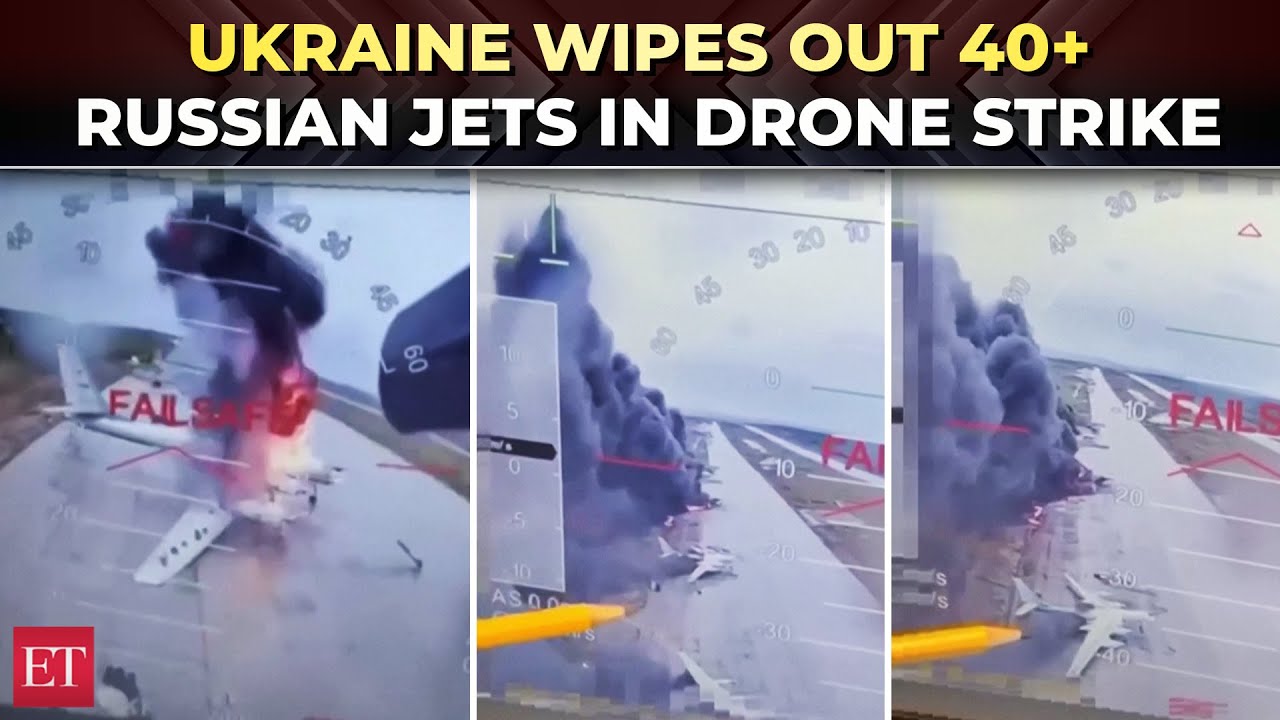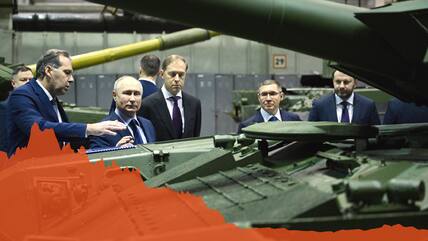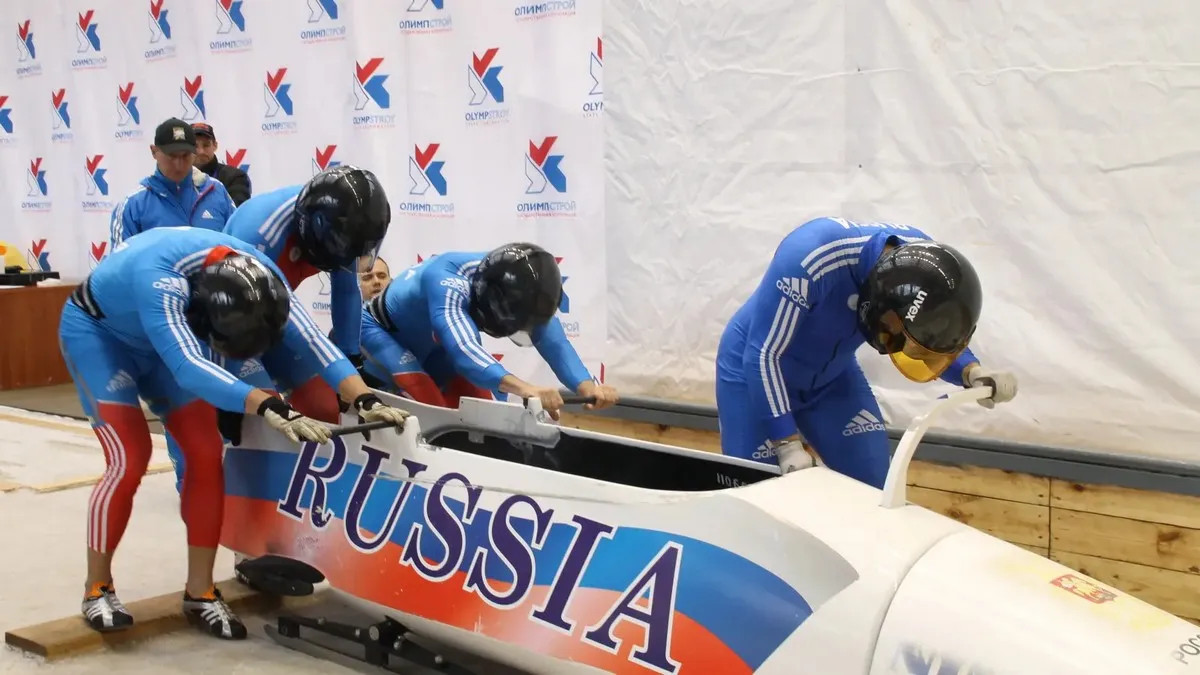1 June 2025 may well be remembered as a pivotal moment in modern warfare. In a daring and technologically sophisticated operation, Ukraine launched a high-impact drone strike against Russia’s strategic air bases, marking a bold evolution in the conflict. The assault, dubbed Operation Web, was reportedly directed by Ukraine’s Security Service Chief Vasyl Maliuk, and it sent shockwaves through military and political circles in Moscow.
Massive Drone Strike Hits Deep Inside Russia
Multiple key airbases — including Olenya (Murmansk Oblast), Belaya (Irkutsk Oblast), Dyagilevo, Ivanovo, and Sredny — were hit in a coordinated drone offensive. What set this apart was the innovative launch method: the drones were deployed from inside civilian cargo lorries, evading conventional air defence systems by hiding in plain sight.
Sources cited by the BBC claimed that over 40 Russian military aircraft were damaged, among them Tu-95 and Tu-22M3 strategic bombers, along with the A-50 airborne radar platform. While these figures await independent verification, the implications of even a partial success are enough to send ripples through the Kremlin’s defence narrative.
Strategic Shockwaves Beyond the Battlefield
Operation Web wasn’t just a military action; it was a statement. International observers have likened its symbolic power to Mathias Rust’s infamous 1987 landing in Red Square — a shocking blow to Russia’s perception of internal security.
What’s particularly alarming for the Kremlin is that the drones bypassed traditional security layers. The use of civilian vehicles as mobile launch platforms shows that Russia’s domestic security has dangerous blind spots. It suggests that no critical site — not even the Kremlin or nuclear infrastructure — is out of reach.
This represents the dawn of a new warfare paradigm: asymmetric, decentralised, and tech-savvy. A battlefield where agility beats brute force — and Ukraine appears to be several steps ahead.
Irreplaceable Military Losses for Russia
The destruction of strategic bombers is more than just a hardware issue — it’s a crippling blow to Russia’s long-term military capability. These aircraft aren’t being produced, and critical components are inaccessible due to international sanctions.
Unlike frontline equipment that can be replaced or repaired, strategic aviation assets are built up over decades. Each loss permanently weakens Russia’s ability to project power. And with no feasible path to replenishment, the strategic gap will only widen.
In practical terms, this means that Russia is losing not just tools of war, but also the symbolic deterrence those aircraft provided. The nation’s ability to assert itself in the air — and by extension, on the global stage — is eroding.
A Loud Political and Psychological Message
Beyond the damage, Operation Web sends a resounding political message. Ukraine has demonstrated its ability to launch surgical, high-tech strikes far from the front lines. Meanwhile, Russia continues its slow, costly advances across small eastern villages, trading bodies for barren ground.
It’s also a damning indictment of Russia’s internal security apparatus. Despite the resources of the FSB, Ministry of Internal Affairs, and other agencies, they were caught off guard by drones launched from a civilian lorry. With over a million personnel between them, their failure raises serious questions about the efficacy of Russia’s security institutions.
This is not just a tactical embarrassment — it’s a crisis of confidence within Russian society, eroding trust in the very structures meant to provide protection.
A War Russia Cannot Win by Escalation
The emerging reality is clear: continued escalation only deepens Russia’s isolation and vulnerability. Accompanying messages from Ukrainian sources make this point bluntly — the war must end.
Russia’s nuclear rhetoric rings increasingly hollow when a single modified truck can paralyse its strategic aviation. The illusion of omnipotence is cracking, and the global community sees it. The only path forward that avoids deeper humiliation and destruction is negotiation — potentially on neutral ground like Istanbul.
Operation Web is not merely a military operation — it’s a wake-up call. It signals the arrival of 21st-century warfare, where mobility, precision and innovation trump legacy systems and brute strength. Ukraine has proven it can strike deep, strategically, and symbolically. Russia, in contrast, has exposed its weaknesses — not only in the skies but in its entire approach to modern conflict.
If this moment doesn’t trigger a strategic rethink in Moscow, the next strike may be even more devastating.












